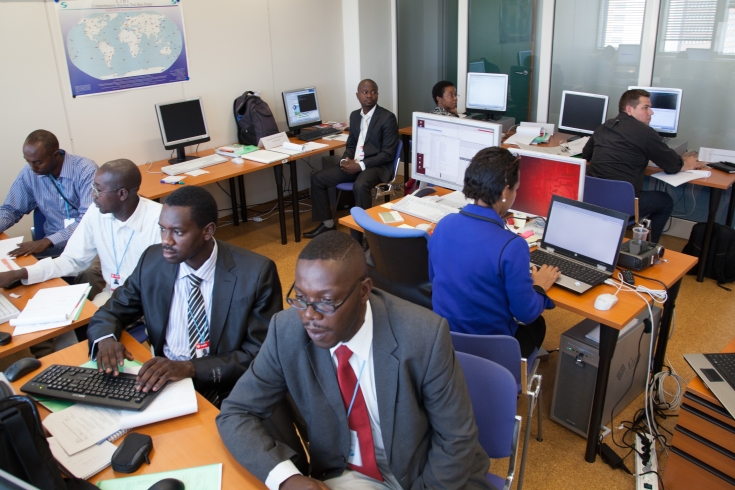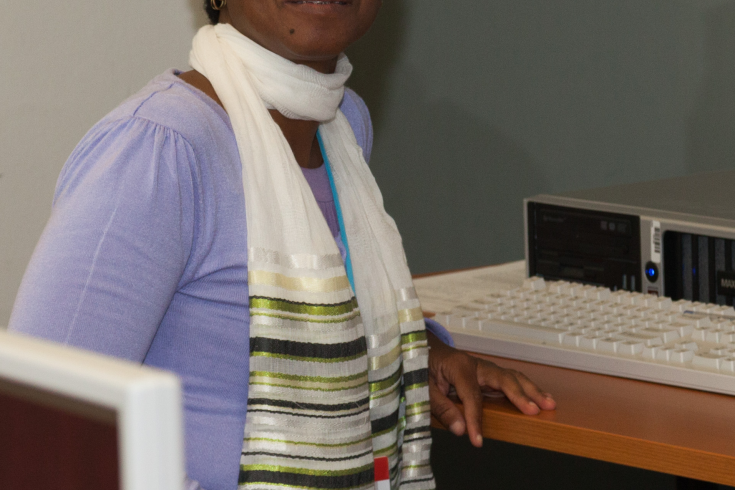Capacity building course for developing countries

Experts from Burkina Faso, Côte d'Ivoire, Djibouti, Jamaica, Mali, Niger, Nigeria and Paraguay participated.
Courtesy of this one-month training course, we have conquered the fear of ‘can we use the data?' Or 'can we run an NDC efficiently?' Every cent the EU and the CTBTO spend on capacity building is money very well spent.

Uchenna Onwuhaka Madu, Nigerian Atomic Energy Commission
The possibility to merge data from International Monitoring System stations with local stations is very useful. A possible application is the detection of illegal [dynamite] fishing in Jamaica’s waters.

Karleen Marie Black, University of the West Indies, Jamaica
By looking at seismic activity we can see which roads have more heavy traffic and can plan where to use better materials and where to place buildings and houses around them.
It’s because of you that we can do our work here. Our station operators and NDC experts are the people who keep us going. If you don’t provide us with your feedback, if you don’t keep our stations running or your National Data Centres in good order, we can’t do our job.

International Data Centre Director Lassina Zerbo (left) congratulating course participants.
6 May 2013
